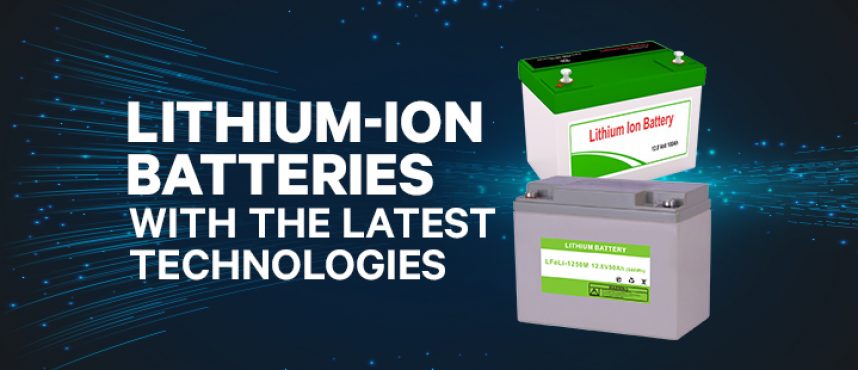Lithium-Ion Batteries With The Latest Technologies
The demand for Lithium-ion batteries has increased dramatically over the years. The reasons are plenty and according to the spokesperson of NTIPL – the leading provider of quality assured energy audit services in Mumbai, some of the most compelling ones are as follows –
- They are lightweight
- They are reliable
- They have a myriad of applications that traditional lead-acid batteries do not.
Other reasons behind the widespread adoption of lithium-ion batteries are enunciated in the sections below –
Available form factors
According to the technical head of NTIPL – the provider of the best power quality analysis services in India, unlike the bulky form factor of traditional lead-acid batteries, lithium-ion batteries come in compact shapes and packages. They are as follows –
- Cylindrical lithium-ion cells – can be used in devices that run on traditional AA-size batteries.
- Prismatic lithium cells – can be used in place of traditional rectangular lead-acid batteries in cars or inside UPS systems
- Lithium pouch cells – can be used to power the energy requirements of racing motorcycles, drones, RC racing cars, jump starters, etc.
Uses
The technology used in lithium-ion battery packs is far more superior to traditional lead-acid batteries. This ushered in a new era of handheld devices that changed the consumer electronics sector forever.
Furthermore, according to the team leader of the energy audit department of NTIPL – the leading provider of best power quality analysis services in India, new technologies, products and applications are being discovered every year to make the best use of lithium-ion batteries.
With that stated, here are some of the most common uses of lithium-ion batteries and battery packs –
- Electric vehicles rely on lithium-ion battery packs to run their electric motors and accessories
- Military applications consist of using lithium-ion battery packs in submarines and ships to power onboard electrical equipment.
- Lithium-ion battery packs are also used in aeroplanes.
- It also finds extensive applications in space research vehicles as lithium-ion battery packs can last longer, offers more energy density and is lightweight.
Lithium-ion Battery Vs lead-acid batteries: –
In terms of cost
Lead-acid batteries are cheaper than lithium-ion battery packs but in the long run, they need regular maintenance. On top of this, lead-acid batteries lose their efficiency quickly hence replacements become a necessity. In this case, lithium-ion battery packs excel as they do not need maintenance nor do they need to be replaced frequently.
Hence, even if the upfront cost of lithium-ion battery packs is high, long-term costs are lower when compared to lead-acid batteries.
In terms of energy density
Lead-acid batteries have an energy density of 50-90 Wh/L whereas lithium-ion battery packs are capable of offering an energy density of 125-600+ Wh/L!
In simple words, lithium-ion battery packs can help an electric vehicle cover more distance. Furthermore, lithium-ion battery packs are perfect for handheld devices that need more energy during startups. This is yet another aspect that cannot be covered by traditional lead-acid batteries.
Environmental impact
Lithium-ion batteries have less toxic materials inside them when compared to traditional lead-acid batteries. This aspect makes them a sustainable power source that does not harm the environment. Furthermore, unlike lead-acid batteries, lithium-ion battery packs can be recycled.
Conclusion
Lithium-ion batteries are better in all aspects, especially when compared to traditional lead-acid batteries. Hence, irrespective of the application one has in mind, choosing Lithium-ion batteries is always the best decision. The trick lies in the fact that one chooses a reliable solution provider like Network Techlab. For more details, please call 022 6681 4141 or send an email at info@netlabindia.com




